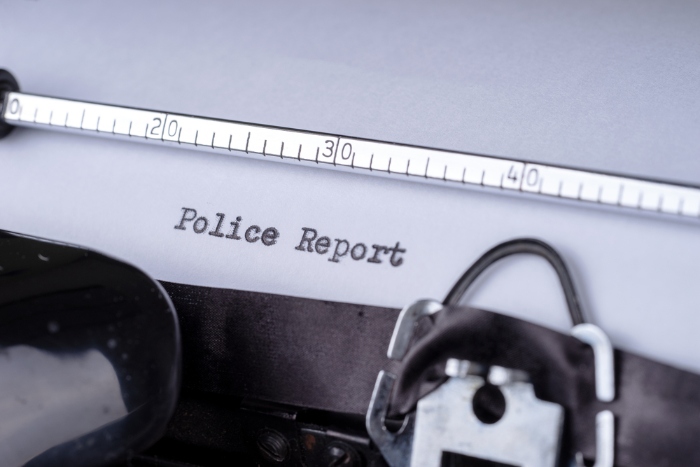The latest UK Food Trends Survey shows that self-reported food waste has returned to pre-lockdown levels and more food is potentially going to waste as life returns to normal.
The findings come from Love Food Hate Waste, the campaign delivered by environmental charity WRAP, and is a snapshot of the UK’s food behaviours post-lockdown.
Love Food Hate Waste found that during lockdown many more people adopted positive food management behaviours that prevent food from going to waste.
Almost four in five people took up an average of 6.7 new food management behaviours, which caused a sharp drop in self-reported food waste during the first lockdown. Across the four key foods monitored, levels of bread, chicken, milk and potato waste fell from nearly a quarter of all items purchased to 13.7% in April 2020. That was a 43% reduction in food waste.
Levels of waste bounced back slightly in June 2020 but were still 26% lower than in 2019 by the end of 2020. The latest survey shows a spike in reported food waste coinciding with lockdown restrictions easing in June/July. In July food waste was on par with pre-pandemic levels at 19.7%, with three in 10 people once again falling into the category of ‘high food waste’ – up from 20% in April last year.
The survey suggests this rise is due to two factors. Firstly, we’re dropping the new habits we adopted as time pressures return. Secondly, more people are eating out or buying takeaways.
Love Food Hate Waste found a significant spike in the number of meals delivered or eaten outside the home corresponding with people reporting wasting more food. On average, we ate 7.6 takeaways or out-of-home meals in the past month, compared to 6 in September 2020.
Now Love Food Hate Waste warns that taking our focus off food could hugely undermine the UK’s recent success in reducing its household food waste. In the year of COP26 – and stark warnings from the IPCC – this could put the UK on the wrong trajectory.
Sarah Clayton, Head of Citizen Behaviour Change WRAP, said: ‘One of the few positives of this extraordinary time has been people taking up new habits that prevent food from going to waste.
‘We’ve seen more people getting creative with their cooking; using up ingredients and leftovers. More of us have taken to checking cupboards and fridges before we shop, using our freezers and even batch cooking. And people tell us they have found these habits extremely helpful. But the return of busy lifestyles means we are falling back into our old ways, and that risks these key skills not being used. After the shocking news from the IPCC this month, it is imperative we remember that wasting food feeds climate change and most food waste happens in the home.’
She added: ‘Preventing food waste is one way we can all reduce the impacts our diets have on the environment, and fight climate change as individuals.’
Environment Minister Rebecca Pow commented: ‘The last year has shone a light on the importance of using our resources more sustainably, and it is encouraging to see that we all wasted less food in our homes during this time.
‘I am proud of the UK’s role as an international leader on tackling food waste. Between 2015 and 2018 we achieved a 7% reduction in waste per capita which marks good progress – but as we look to build back better there’s more we can all do to keep food on our plates and out of the bin.
‘There are a few simple steps that everyone can take in our homes, from making a shopping list and storing food correctly to putting food that you won’t eat before the “use by” date in the freezer where possible. By making these small, positive changes to our everyday lives, we can all make a real difference.’


















Leave a Reply